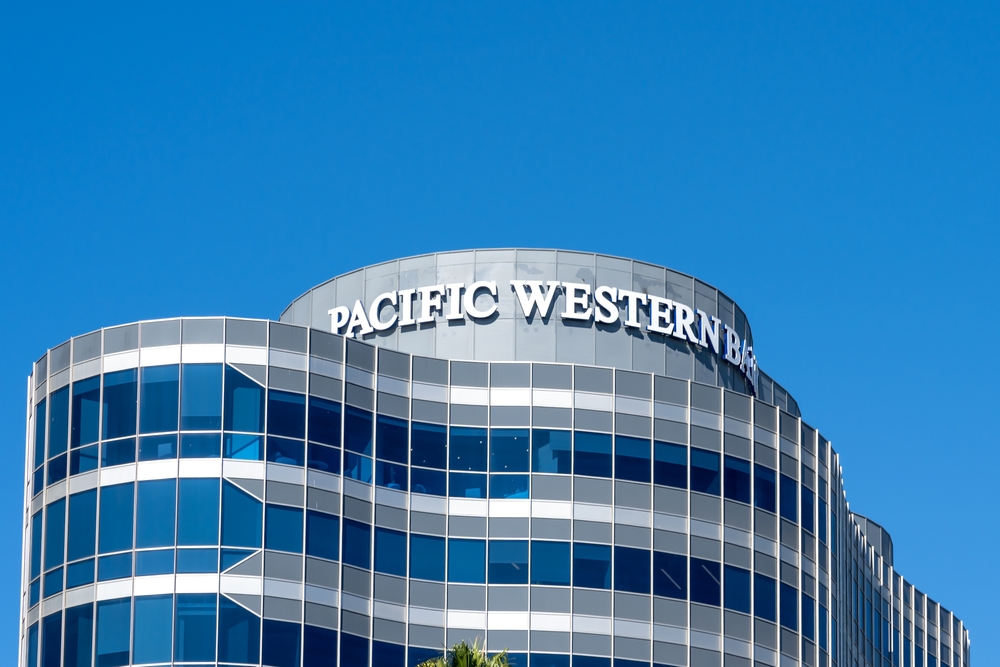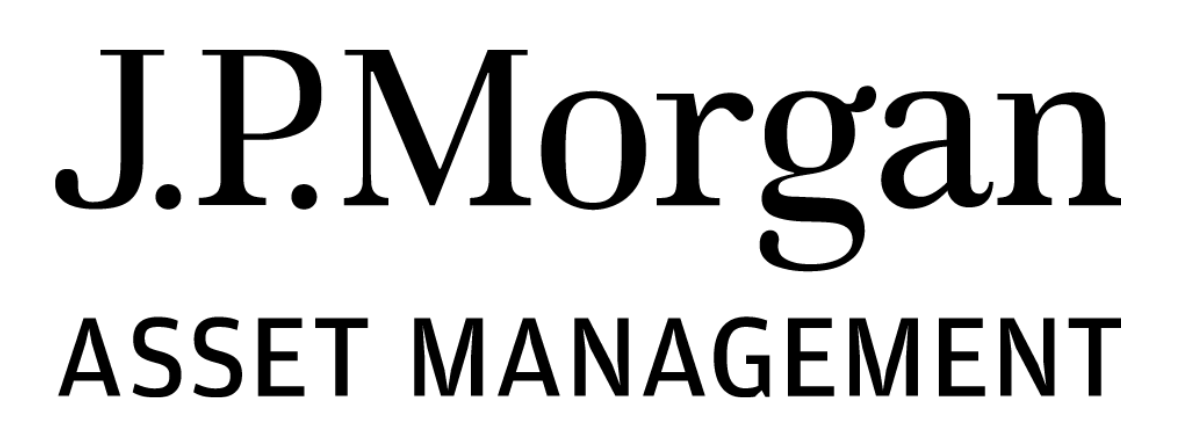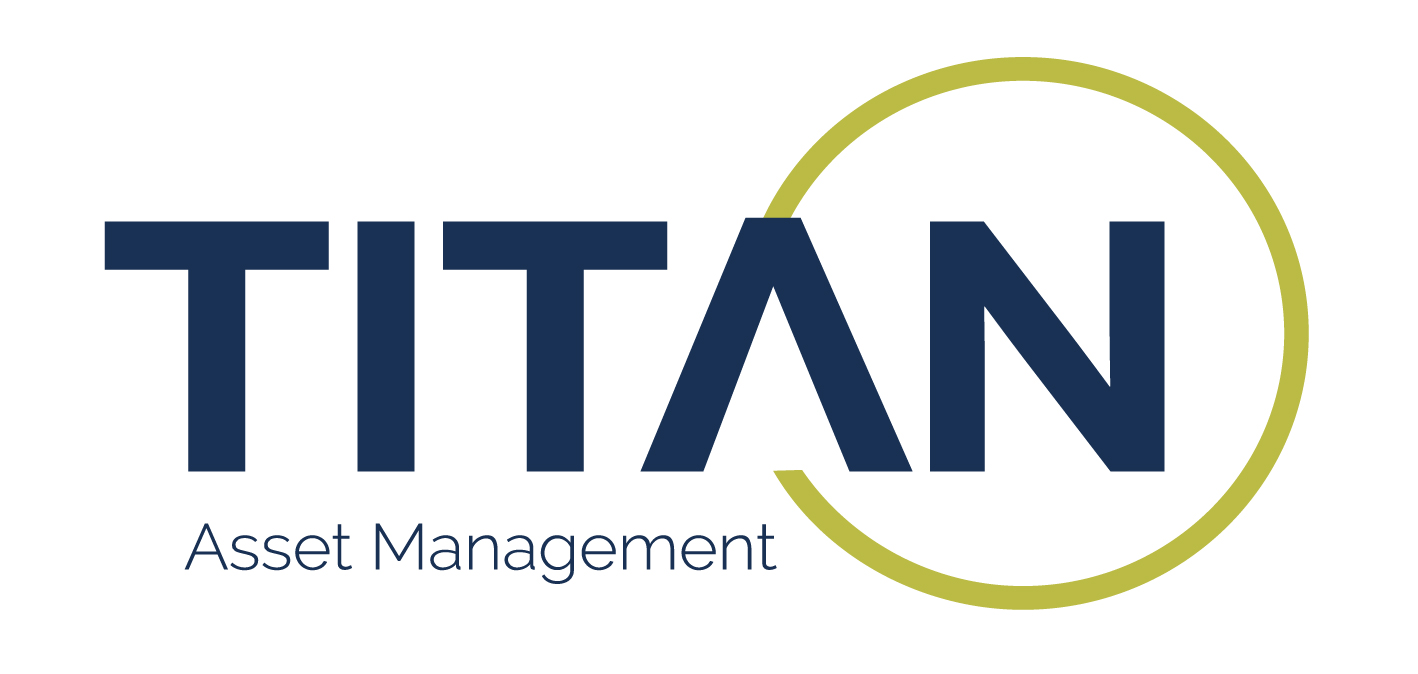California-based Pacific Western Bank (PacWest) is reviewing strategic options after its shares collapsed more than 78% since March, resembling similar declines at Silicon Valley Bank (SVB) and First Republic.
The small lender saw its shares plummet over 55% on Wednesday after it announced it was looking for a buyer and was reviewing “all options to maximise shareholder value”.
Investment bank Piper Sandler has been asked to explore options including a sale, though PacWest may still consider raising new capital.
Recent developments follow the bank reporting a $1.2bn net loss in Q1 as well as $860m in unrealised losses in its securities portfolio. Deposits also declined 15% compared to the same quarter the previous year.
On the news, the iShares U.S. Regional Banks ETF (IAT) has fallen 7.6% in the past five days, now down 36.8% over the trailing six-month period.
Like SVB and First Republic, PacWest has ties to tech companies and saw a large influx of uninsured deposits, with deposits rising 77% between 2019 and the end of 2022.
The Federal Reserve’s decision to raise interest rates at the fastest pace in 40 years has hampered banks reliant on low-cost deposits and securities portfolios without sufficient risk management.
PacWest’s announcement came just hours after the Fed chose to raise its funds rate by an additional 25 basis points yesterday. Fed Chair Jerome Powell also recently said that “conditions in the banking sector have broadly improved since March”.
John Leiper, CIO at Titan Asset Management, commented: “It seems Jerome Powell is continuing to play the ‘idiosyncratic risk’ playbook.
“That is increasingly at odds with the evolving narrative and the clear and rising systemic risks impacting the financial system given the Fed has raised rates by 5%, is shrinking the balance sheet and credit conditions are tightening.
“In my opinion, this is the beginning, not the end, of this period of financial stress.”
PacWest is now the fourth US bank in two months and the second within a week looking set to collapse.
US regulators officially shut First Republic on Monday before the bank was acquired by JP Morgan.
The closure of the 14th largest lender in the US came after its share price free-fell more than 90% in recent months, with clients having withdrawn around $100bn assets, more than double the $40bn forecast by analysts.
JP Morgan will take on its remaining $92bn deposits and assets including its $173bn loan book, 84 offices and around $30bn in securities.




